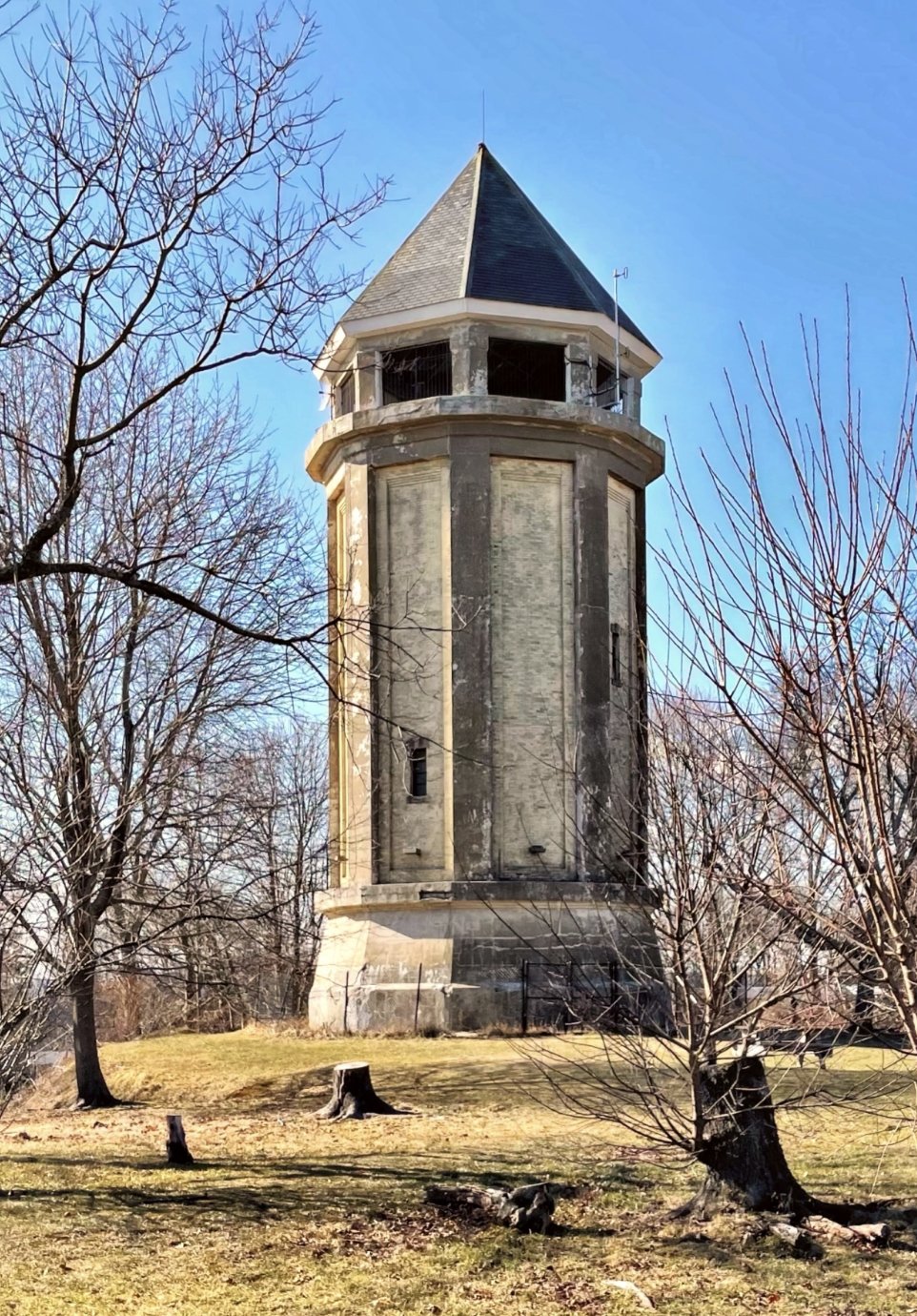HRA agrees to pay $130K toward Fort Revere tower, master development plan
/By Dolores Sauca Lorusso
The Hull Redevelopment Authority this week agreed to contribute $130,000 to the town for economic and community development projects, including work on the master plan and “gap funding” for renovations to the historic water tower at Fort Revere.
The 4-0 vote took place at the in-person meeting at Memorial School on Monday night; member Dan Kernan was not present for the vote due to prior work commitments.
Several community members in attendance expressed discontent that they were not recognized to make comments at the public meeting.
The motion was made in response to the town manager’s formal request to the HRA for $150,000 to restore the water tower. Since making the request, the town acquired a $75,000 grant from the Massachusetts Historical Commission, leaving a gap to meet the base bid for the work. The final amount of $130,000 represents two years’ worth of payments-in-lieu-of-taxes (PILOTs) of $65,000 that the HRA has not made during to the town.
Town Planner Chris DiIorio said that when town meeting voters declined to fund an additional $600,000 for the tower in the fall of 2023, the town removed three items from the bid: electrical work to have lights on the tower, work on the base around the tower, and waterproofing.
DiIorio said the consultant on the project recommended moving forward with the waterproofing because the town received a competitive price; including waterproofing the total bid is $2.36 million.
“We are very close to moving forward and this has been on people’s radar for decades now,” said DiIorio, imploring the HRA to make the contribution because the town needs the funds before signing the contract with the low bidder.
PILOT agreements help communities recoup lost revenue from property that is exempt from taxation. However, these funds could not be designated in the motion as a PILOT, because the monies would go into the town’s general fund and there would be a waiting period until they were available.
HRA member Bartley Kelly said the PILOT is a way of giving the town money, but the HRA does not have to specify its purpose. Members ultimately said they were comfortable with how the money would be used even if it was not included in the motion.
“The wording is fine as long as the money goes where it is supposed to go,” said HRA Chair Dennis Zaia.
Town Manager Jennifer Constable said the last two years of PILOTs are similar to the amount of funding needed for the gap on the tower project and meeting the needs of developing the master plan for the town.
“Recently, the town signed a partnership agreement with the DCR…the HRA supporting the funding ask shows a willingness to support the town as well as the DCR,” said Constable.
“Working together with the DCR can be a collaborative effort to improve the area,” said DiIorio.
“There is a patchwork of land ownership up at the fort,” said Constable. “It is complicated moving forward. The entire fort is an asset, and it has fallen into great disrepair… we need to do a better job of maintaining the properties, and that comes with a cost.”
Member Adrienne Paquin expressed concern there is no money currently allocated for maintenance of the tower once it is restored, and the town does not seem to have a solid number for the cost associated with maintenance.
Constable stressed the importance of funding the master plan because it will be the guiding document for the next 10 years to define what Hull is, what the town is going to become, and how the partnership with the state will be expanded.
“We got a large piece of a small pot,” Constable said, referencing the funding from the Massachusetts Historical Commission. “The state sees this as an important project.”
Zaia said the HRA will award grants in different situations; however, this practice stopped about nine years ago because the HRA did not want to be put in the position of deciding what is a “valuable project and what is not.”
Constable said she understood the difficult position the HRA is in if members must decide which projects, how many, and to what extent to give support. She agreed to work with the select board to develop a PILOT payment structure for the HRA moving forward.
Joan Senatore, who made the motion to award the funds, said she is agreeable to paying the amount equivalent to the unpaid PILOTs, and then work with the town manager to develop a plan for future payments.
“It is a worthy endeavor to fund the tower and the master plan,” Kelly said.
“We are making a donation to the community because we are partners,” Zaia said.
Like what you’re reading? Stay informed with a Hull Times subscription by clicking here.
Do you have an opinion to share? Click here to write a Letter to the Editor.











